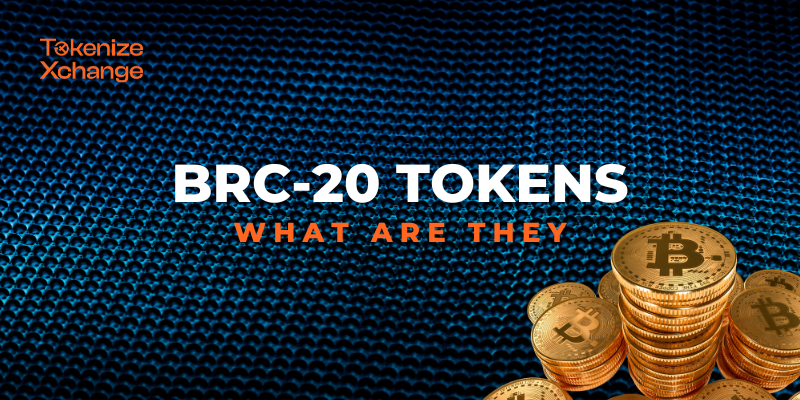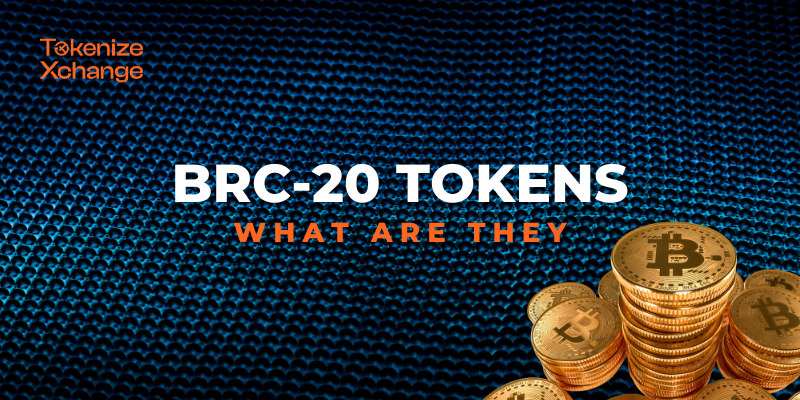
The BRC-20 token standard is a way to create and transfer digital tokens on the Bitcoin blockchain. It works similarly to the ERC-20 token standard on Ethereum.
These tokens are fungible, which means they can be exchanged for each other, just like money. The BRC-20 token standard is still being tested and developed, and it allows for the creation of new types of tokens on the Bitcoin network.
Pros and Cons of BRC-20 Tokens
The pros of BRC-20 Tokens are:
- Compatible with Bitcoin: BRC-20 tokens work well with Bitcoin and can easily be used with Bitcoin wallets and exchanges.
- Simple to use: Creating and transferring BRC-20 tokens is easy because it doesn’t require complicated smart contracts. You don’t need to be a technical expert to use them.
- Secure: BRC-20 tokens are safe because they leverage the strong security of the Bitcoin blockchain. The decentralized nature of Bitcoin and its reliable consensus mechanism ensure the tokens’ security.
The cons of BRC-20 Tokens are:
- No smart contract functionality: BRC-20 tokens can’t automate tasks or manage assets like some other tokens. They are less versatile in what they can do.
- Dependency on Bitcoin blockchain: BRC-20 tokens rely on the Bitcoin blockchain, which has limitations in handling many transactions quickly. As more people use BRC-20 tokens, transactions may become slower and more expensive.
- Limited interoperability: BRC-20 tokens are designed for the Bitcoin blockchain and may not work well on other blockchains. This makes it harder to transfer tokens between different chains smoothly.
